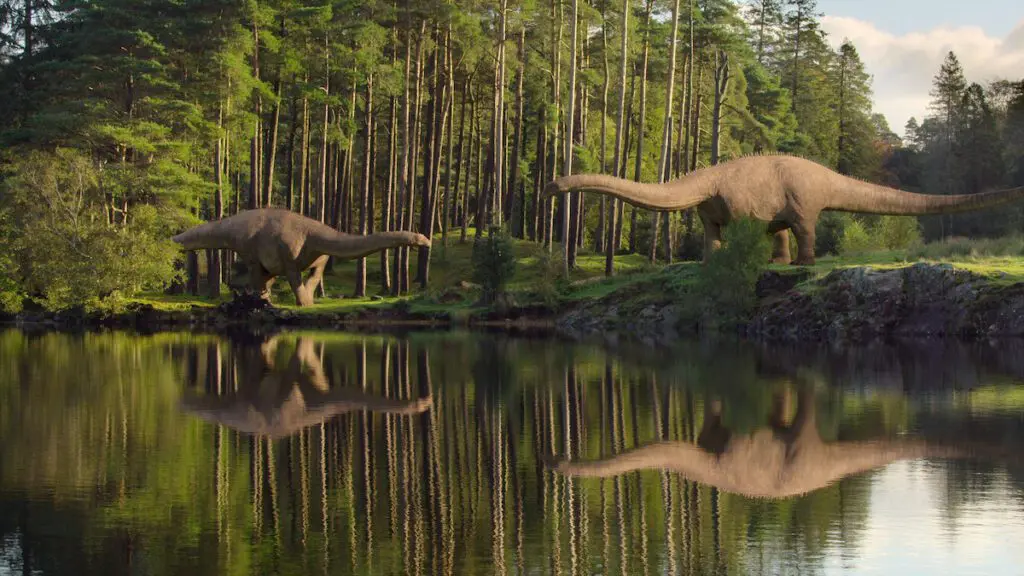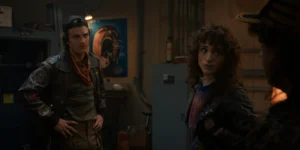Summary
One for the history fans — a look back through life’s 4-billion-year journey is interesting but lacks in its science. Pretty to watch but not informative enough.
Many of us are on a mission to save our beloved planet, and with the world in chaos, it can be difficult to remember the beauty of nature and the amazing, unbelievable journey our planet has been on so far. Energy bills are soaring, countries are at war, and people’s energy is very low, so here comes the docuseries Life on our Planet, to help distract and remind us that the world is a beautiful, incredible place, filled with magic and wonder.
In this docuseries, we follow the story of life’s epic, 4 billion-year journey on Earth, told through its ruling dynasties, its underdogs, and the cataclysmic events that reshaped it. Over eight episodes (all with a runtime of forty-five minutes to one hour each) audiences travel through four billion years of evolution, via multiple mass extinctions, the dinosaur era, and a deadly ice age, all leading to the present day.
Unluckily Life on Our Planet has been released the same week as Planet Earth III –– and it has a very similar name to A Life on Our Planet by David Attenborough. So the series has a lot of competition out there.
No good documentary is worth its salt without a famous voice to narrate it – here Netflix has bagged the legendary Hollywood movie star Morgan Freeman. Freeman’s subtle, monotone voice is relaxing and commanding. Like the perfect lecturer, you’re comfortable and content hearing his voice. Although, at times it’s quite lulling and could send you to sleep.
However, since the success of David Attenborough documentaries, subsequent efforts have always seemed to try and find the biggest name to compete — such as Benedict Cumberbatch to Former President Barack Obama. This is a nice added bonus, but still, no one does it like David Attenborough.
This documentary series goes back billions of years with CGI dinosaurs, which feel incredibly cheesy at times, and with the show being very light on the science side of things, I felt I’ve learned more from watching Jurassic Park and Ice Age. However, the babies always look cute, whether they’re real or CGI.
Life on Our Planet really fails to stand out in an incredibly competitive field. The main difference with this series is that it’s not looking at life now — it’s going back at the history of our planet. This insight can reflect how history repeats itself and is a warning to protect and save our planet.
As always, these documentaries are moving and impressive to watch simply for the fact they’re showing us things we do not see in our everyday lives. However, there are plenty of nature documentaries out there for you to watch. Famous ones include Blue Planet, Our Planet, and Planet Earth all of which I recommended watching first. Netflix is jumping on a bandwagon, throwing in the kitchen sink, and over-doing it to a point where this series doesn’t offer anything we haven’t heard or seen before.




